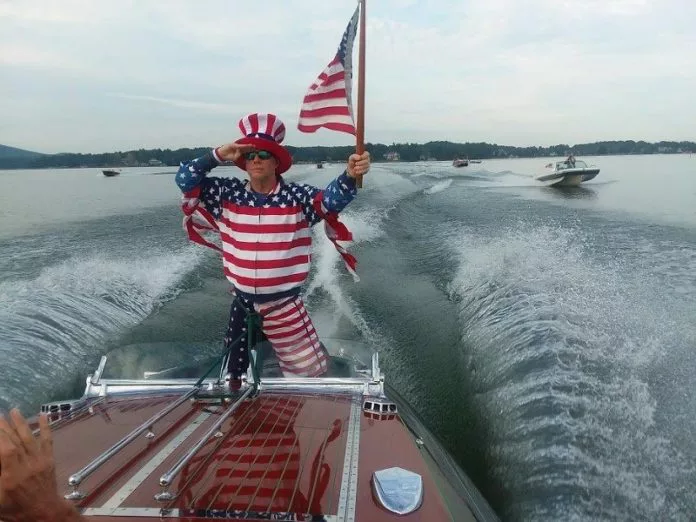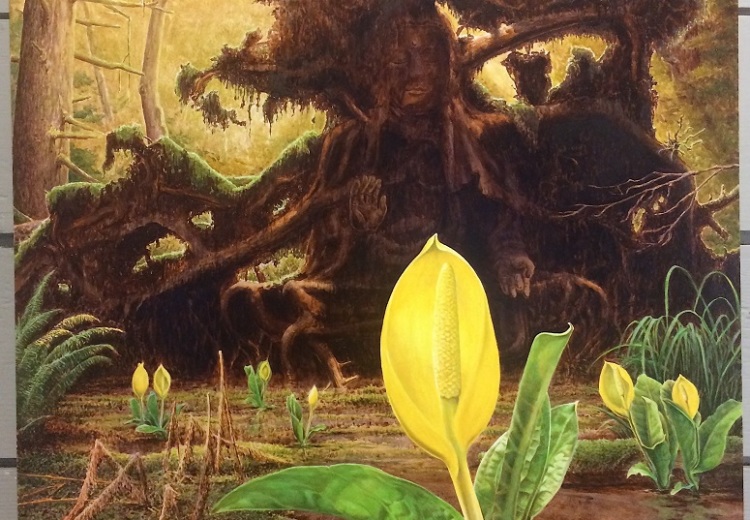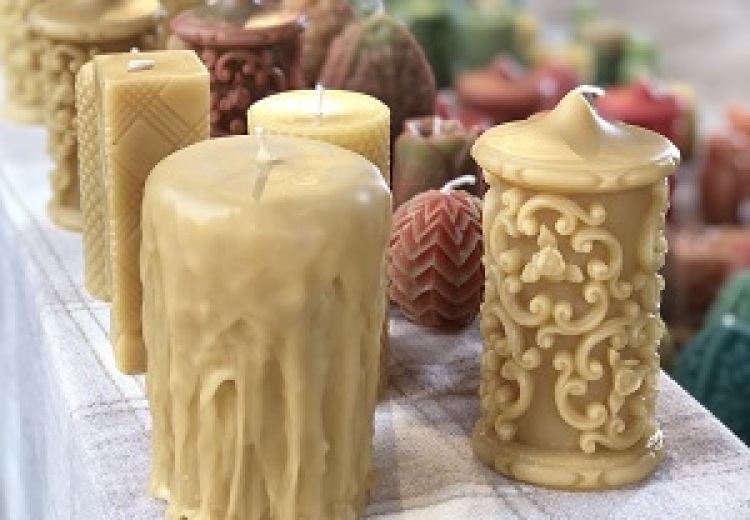OLYMPIA–The Fourth of July is one of the busiest times for boating—and for spreading invasive species in rivers, lakes and other water bodies.
The Washington Invasive Species Council, Washington Department of Fish and Wildlife and Washington Department of Ecology are asking the public to take simple steps to prevent the introduction and spread of invasive species: before and after boating, clean, drain and dry boats, trailers, paddles, and other equipment to get rid of aquatic hitchhikers.
Invasive species, including water-based plants and animals, pose a significant threat to Washington’s waters, wildlife, recreation and economy. They can clog systems like boat engines, pumps or canals. They also can displace native species by changing water quality and food webs. A state report noted that agencies could spend more than $100 million annually to clean and maintain water infrastructure of invasive species.
“We need your help to protect Washington’s waters,” said Justin Bush, executive coordinator of the Washington Invasive Species Council. “Aquatic invasive species could be tagging along on boats, kayaks, trailers, paddleboards and other equipment.”
State officials encourage everyone to take simple actions, following the mantra Clean, Drain, Dry:
- Clean shoes, waders, life vests, boat hulls and engines, trailers and other equipment that has been in Washington waters by removing all visible plants, algae and mud. Use a stiff-bristled brush to clean equipment.
- Drain any accumulated water from boats or gear–including water used in cleaning–back into the lake, stream or other waterbody from which it came.
- Let boats or gear fully dry before using again.
More information and how-to guides are online.
“Aquatic invasive species pose a large risk to our economy and environment,” said Captain Eric Anderson, aquatic invasive species enforcement captain for the Washington Department of Fish and Wildlife. “For example, we know that quagga and zebra mussels will be a multi-million-dollar problem annually if they are introduced to our lakes and rivers, requiring expensive and ongoing maintenance at water facilities such as dams, irrigation systems and fish ladders.”
Equally harmful as invasive animals are aquatic noxious weeds, such as flowering rush, Eurasian watermilfoil and parrotfeather. Noxious weeds can form dense mats that shade other plants, degrade water quality, inhibit water flow and impact recreation.
As one layer of protection, the Department of Fish and Wildlife inspects boats, kayaks and other watercraft for aquatic invasive species at five stations. In 2021, the department inspected more than 55,000 watercraft and intercepted 39 with invasive mussels and 953 with invasive plants.
“Aquatic noxious weeds are another invasive species that can hitchhike on boats and equipment,” said Wesley Glisson, aquatic botanist with the Department of Ecology. “It’s easy to prevent spreading problem plants by always remembering to Clean, Drain, Dry.”
Following “Clean, Drain, Dry” practices is the law. It is illegal to transport aquatic invasive species from one waterbody to another in Washington. Violators could receive 1 year in jail and $5,000 in fines. More information is available online or by calling 1-888-WDFW-AIS.
“We need everyone’s help this holiday weekend, but we also need your help every day,” Bush said. “By committing to always clean, drain, dry, you can ensure our waters remain clean and healthy for the future.”
Additional Resources
- Prevention information
- Noxious weed Information
- Invasive species reporting
- Aquatic weed control technical assistance







